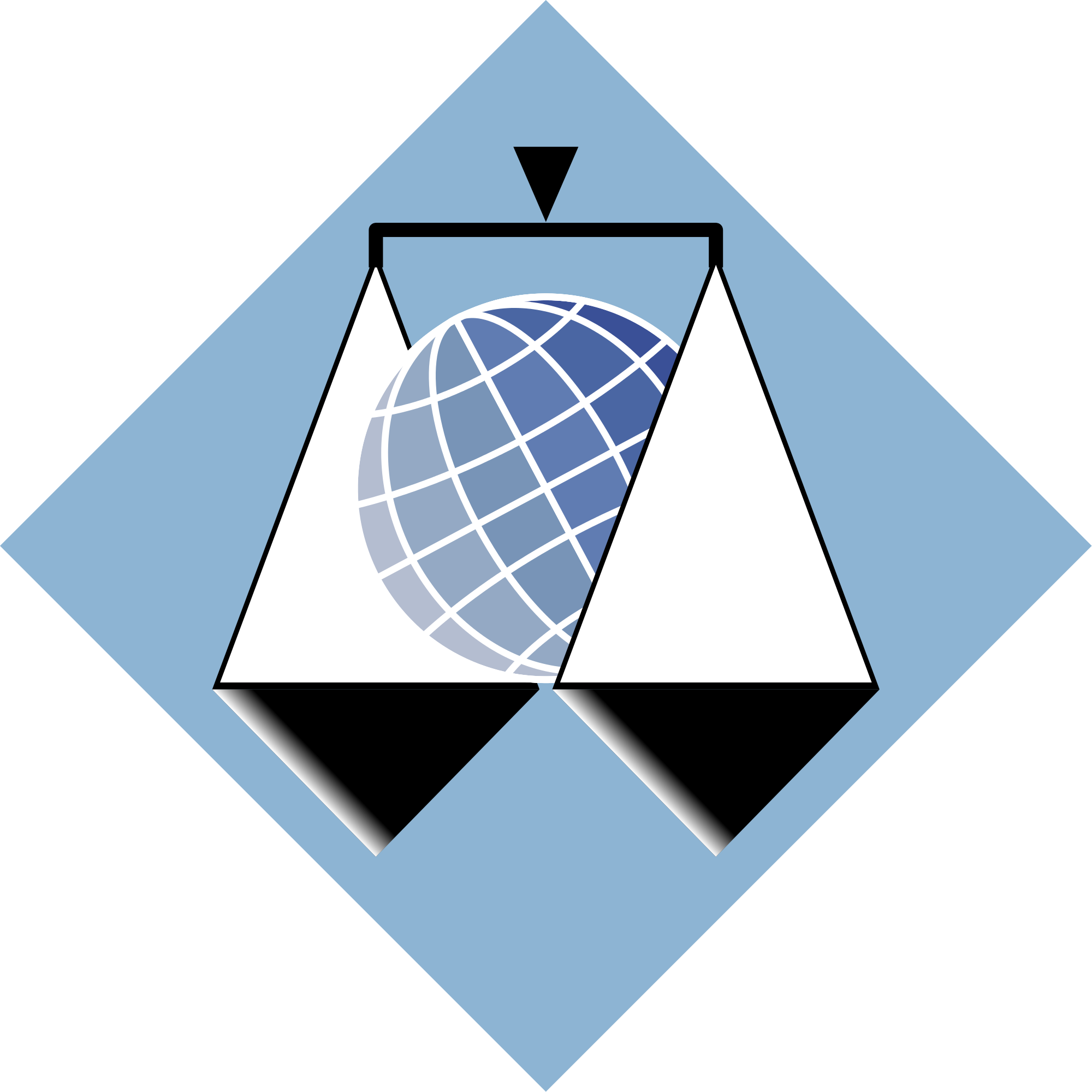The Tribunal’s Registrar John Hocking and the General Director of the Custodial Institutions Agency of The Netherlands, Peter Hennephof, today signed an extension of the Agreement on Detention Facilities and Services between the United Nations and the State of The Netherlands.
Through this Agreement, The Netherlands will continue to provide the Tribunal with the detention facilities and services necessary to house all persons detained on the authority of the Tribunal and The Hague branch of the Mechanism.
The Agreement is effective from 1 January to 31 December 2015 and allows for a further extension until the end of 2017. It covers important matters such as the provision of medical services to Tribunal detainees, the management and maintenance of the United Nations Detention Unit (UNDU) and the costs of detention. The Agreement is vital in allowing the Tribunal to fulfil its mandate as it ensures that the conditions in which the detainees are housed meet the highest international standards.




